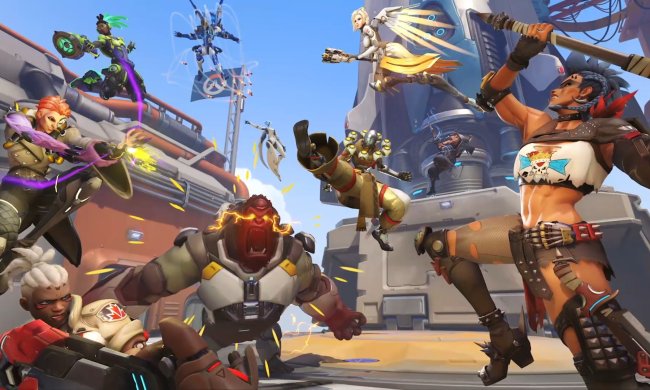 A year and a half ago, independent warranty provider SquareTrade ruffled some features by publishing figures that showed failure rates for Microsoft’s Xbox 360 console as high as 16.4 percent. Now SquareTrade is back with more failure numbers for leading video game consoles (PDF), and guess what? The Xbox 360 is still bringing up the rear, with 23.7 percent Xbox 360 owners reporting failures within the first two years of ownership. That’s four times more likely to fail than Sony’s PlayStation 3 (which saw failure rates around 10 percent), and nine times more likely to fail than the Nintendo Wii (with failure rates around 2.7 percent).
A year and a half ago, independent warranty provider SquareTrade ruffled some features by publishing figures that showed failure rates for Microsoft’s Xbox 360 console as high as 16.4 percent. Now SquareTrade is back with more failure numbers for leading video game consoles (PDF), and guess what? The Xbox 360 is still bringing up the rear, with 23.7 percent Xbox 360 owners reporting failures within the first two years of ownership. That’s four times more likely to fail than Sony’s PlayStation 3 (which saw failure rates around 10 percent), and nine times more likely to fail than the Nintendo Wii (with failure rates around 2.7 percent).
However, SquareTrade did qualify its figures for Xbox 360 failures, noting that failure rates and the infamous “Red Ring of Death” problem seem to have become considerably less frequent since the introduction of the so-called “Jasper” chipset in the Xbox 360 in late 2008. Also, in a move which likely cost Microsoft more than a billion dollars, in mid-2007 the company extended the warranties on its Xbox 360 consoles to three years; the move likely did a lot to assuage Xbox 360 customers whose consoles gave up the ghost, but may have resulted in under-reporting of Xbox 360 failure rates in SquareTrade’s analysis.
SquareTrade found that the most common problems with both the Xbox 360 and the PlayStation 3 were disc read errors and problems pushing video out to televisions. Conversely, the Nintendo Wii was more likely to suffer fro power supply issues and remote control problems.
SquareTrade compiled its figured by randomly selecting 16,000 game consoles covered by SquareTrade warranties; failure data only reflects problems reported directly to SquareTrade.


